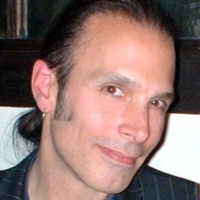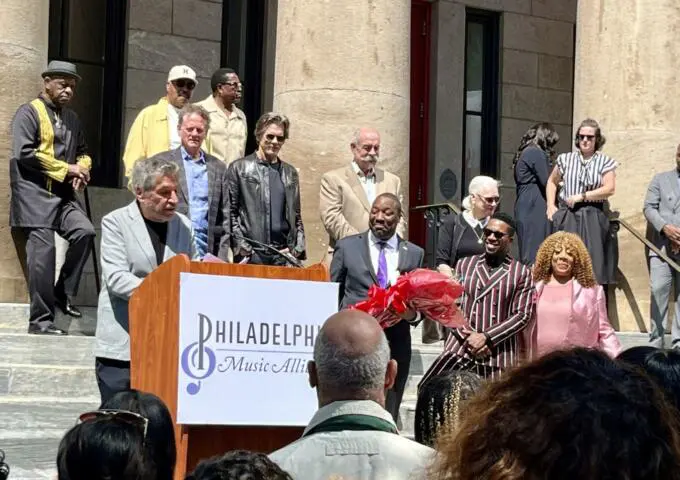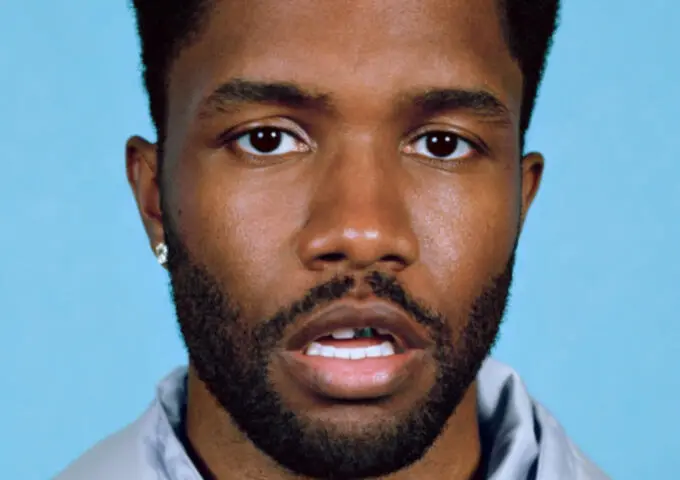Slam poet turned rapper George Watsky, known as just Watsky, is heading to Philadelphia’s Union Transfer on Feb. 27 with his Complaint tour.
The tour which kicked off on Jan. 31 in Nashville, showcases Watsky’s fifth studio album, Complaint, which dropped on Jan. 11 of this year. This comes after his Welcome To The Family tour late last year that promoted two of his earlier dropped singles from the album: “Welcome To The Family” and “All Like Whatever.”
Following a widely successful year in 2016 with his chart-topping album x Infinity and New York Times bestseller How to Ruin Everything: Essays, Complaint, comparatively speaking, has flown a bit more under the radar. But as Watsky fans have come to expect, his new album has nothing that can be expected. Filled with personal songs that range from the serious to the hilarious, respectively from “No Complaints, No Conversations” to “Mean Ass Drunk,” the album incorporates different styles and experimentations.
But fans who have yet to experience one of the hip hop artist’s live shows may not expect the collaborative musical presence on his concert stage.
“I believe the collaborative process is super important and if people only know me from my videos they might be surprised what a dynamic musical show it is when they come and see us,” explained Watsky. “Everyone on stage is just truly an incredible musician and I’m really proud of the live experience.”
The San Francisco artist jumped onto the national scene after his YouTube video “Pale Kid Rap Fast” went viral in 2012, the same year that he performed in the balcony of the Trocadero.
“I always have a great time in Philadelphia, [and] I love the city and the people,” said Watsky. “From the little tiny show that I played at the Trocadero balcony in 2012, one of my favorite tour pictures that I look back is the concert I played for 30 people at the Troc balcony and much fun we had. [Playing in Philly is] an extension of that experience, and I see people coming back from show to show and year to year and I can’t wait for this next one.”
Philadelphia Weekly continued to chat with the celebrated wordsmith to ask more question on his craft and career.
In a tweet about Complaint last month, you wrote “Without pain, joy has no context. If you’re always happy, happiness starts losing meaning.” How do you think that sentiment is embodied in this record? How much of that stems from your personal life?
It’s a super personal album. Everything I write about in general is personal even if it’s political. But this one is in some ways a smaller album, in the sense that it’s more focused on my life. But with that being said I make an effort to even if I have specific context for what’s going on in the songs, to remove anybody involved in it except for myself, because I don’t feel like the actual events are that interesting to people, what’s actually interesting is the emotion underneath it. So yes it’s very personal, but the specific events aren’t really what I’m trying to get at here, it’s more the universal truths that are underneath that.
Basically, it’s an album that traces the arc of the relationship, sort of split into thirds. The first third of the album focuses on the early stages, the honeymoon period of a relationship, the middle of it is trying to figure it out, and the last third of it is grappling with the end.
Your fourth album, x Infinity, gained a lot of positive feedback and attention. Did that make it harder or easier to go into this fifth record?
I think that at this point I know that I have a very loyal following and that’s taken the pressure off of me because they’re in a way the same as an artist who has a patron. I have this group of patrons who allow me the freedom to do what I want, and I think that we have a trust relationship where the folks that have supported me really royally over the years know that at least I’m going to give them my best effort to make the most creative work that I can. That’s interesting to me that I want to be making. And given that, I’ve had so much freedom to switch from funny stuff to serious stuff to narrative-driven work, experiment with melody or experiment with my form and there’s always going to be people when you’re experimenting who want you to do the thing you did before. But I understand that’s part of what you have to accept when you’re trying to put your work out publicly, so sometimes it stings when you hear people say negative stuff or want you to return to what you were doing before. But in general, I feel a huge amount of freedom to do what I want.
In terms of artistic freedom, the album had some autotune on it, which is not typical of your alternative hip-hop sound and may surprise a lot of your fans. What made you decide to incorporate that type of technology into the record and how did you think it was executed?
Autotune is a funny one. It’s sort of a dog whistle for certain group of hip hop fans that some people associate with insincere music. I personally don’t feel that way at all. I mean I look at someone like Bon Iver, who is using autotune all over his record. There are so many creative ways to deploy autotune that I feel like I should have every tool in my tool bag available to use and autotune is just another creative filter that you can use to achieve an interesting sound. The irony of people getting upset about autotune as a way to mask your real singing voice or not be a legitimate thing is that there are other plugins that you can use that are much more effective at making it sound like your real singing voice but are actually able to pitch correct just as intensely as autotune but you don’t know that you’re hearing something that’s been autotuned … So when you’re putting autotune in the way that T-Pain does or something on a track, in my mind it’s a creative sonic choice where you’re not trying to hide what you’re doing to your audience you’re actually being very upfront about the effect you’re using.
What is the song you are most proud of on Complaint?
I put them all on there for a reason because they scratched a different itch for me. But I think “Whitecaps,” may be the most complete for me; I like the way that all the sections complement each other. I’m really proud of that one.
You started out as a slam poet and it is clear that you place a heavy emphasis on lyric construction. Do you find that is generally missing or not in music nowadays, both in mainstream and alternative music?
I think that the Internet has allowed for an explosion of creativity and an explosion of options for people. Sure, there’s there some simplistic stuff on the radio but that’s always been the case in the case when I was growing up in the school. It’s simple stuff can be can be profound and moving too. But look at folks like what’s coming out of Chicago with Chance [the Rapper] and Noname and Saba and they have big followings and they’re making incredibly nuanced interesting complicated music that has a big following. Kendrick, who is a mainstream artist, is genre pushing and someone like Donald Glover, I mean he’s the gold standard for creative experimentation, being willing to modify your sound entirely from album to album. So no, I’m actually super inspired by how much boundary pushing is happening right now.
Another person who values the craft of language is Lin-Manuel Miranda, whom you have formed a good relationship with the past couple of years. How has his support meant for you personally and professionally?
He hasn’t sent me anything specific about it, but he shared some really nice comments about it on Twitter. Lin is a pretty incredible person. He’s just somebody who I look to as an inspiration not only in how he manages the creative process but what he does with the powers that his platforms gives him. It’s pretty amazing how he’s been able to not just pay lip service to social justice and Puerto Rico, but actually, transform the plans of his life and his work around what he thinks the right thing to do is. I think he is someone everyone can look to [and learn] walk the line between artist and activist and human.
It’s been a handful of years since you broke out on the internet with Pale kid raps fast and work on Epic Rap Battles of History. Where do you hope to go?
At this point what I’m interested in is making the best work that I can and being a multidisciplinary artist. I had a degree in college in interdisciplinary studies. It was [one of those] create your own degrees where I took acting classes and screenwriting classes and playwriting. That’s what I wanted to do with my life; create cross media works of art.
So in terms of of what I’m going to be doing. In a way, I never deviated. I’ve had funny stuff, I’ve had serious stuff, but if you go back and look at my 2009 album, what I was doing when I was doing spoken word and I still put spoken word songs on my album. It’s kind of a similar mix of autobiographical work, humor, serious subjects, dipping into the political, subversively funny stuff. I’ve gotten little breaks along the way. Sure, I had Def Poetry and then I had the Bible video but with aesthetic differences. I feel like I’ve sort of been doing the same thing since I was like 15 and I don’t plan on stopping. I’m going to keep being the same person and just trying to make something that I think it’s interesting and better than the last thing I made.
Watsky | Feb. 27. 8:30pm. $20-$85. Union Transfer, 1026 Spring Garden St.utphilly.com
TWITTER: @ANDREAJCANTOR





